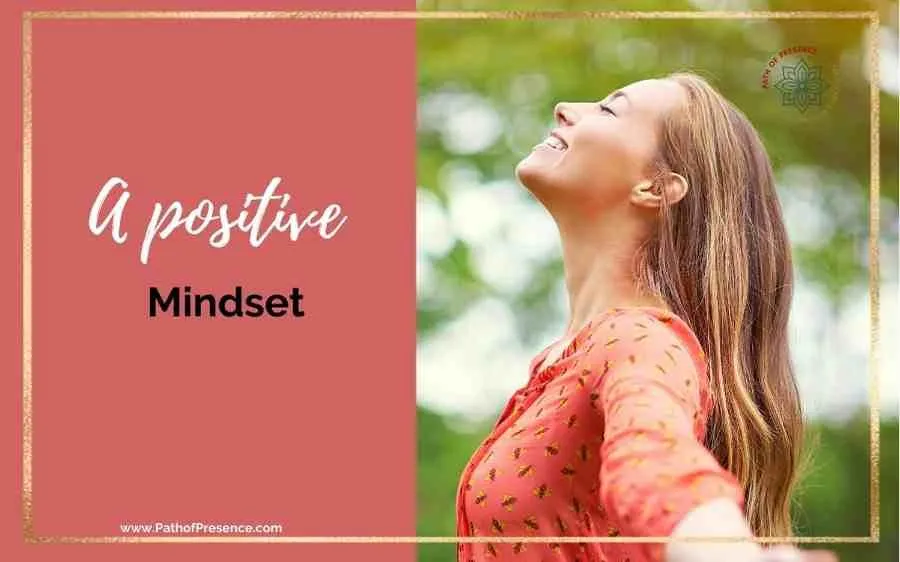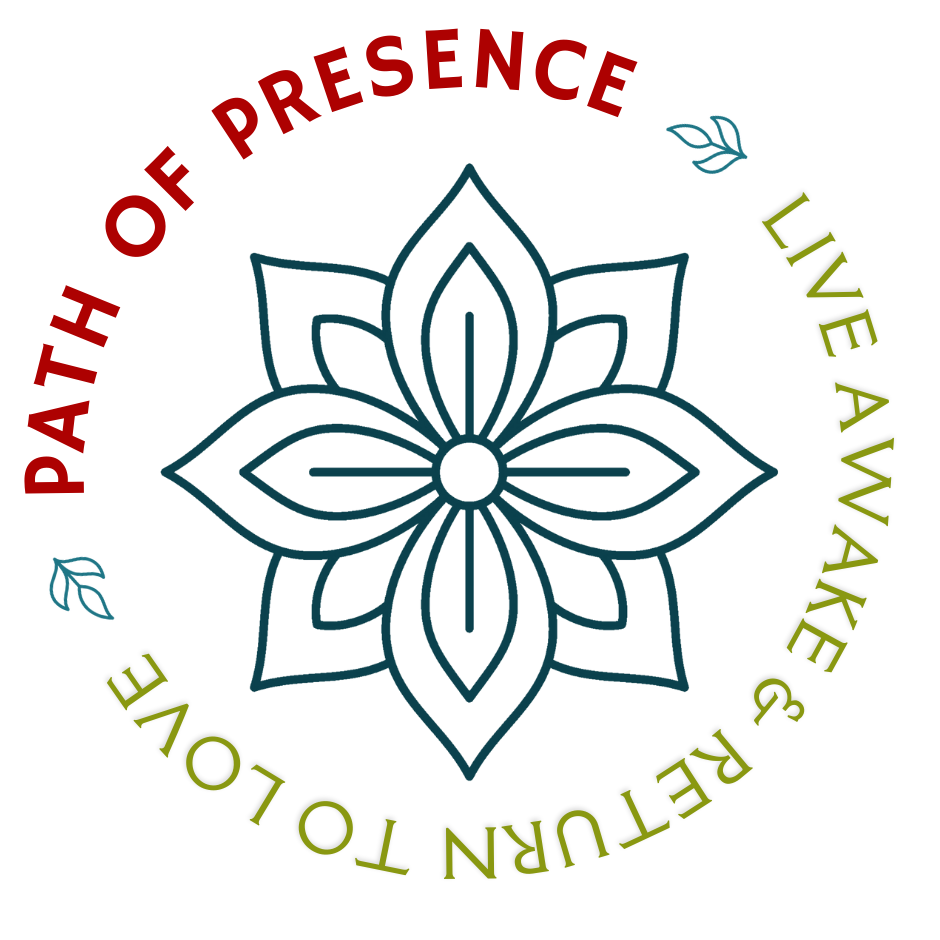
Mindful Transformation for Self-Growth, Love & Peace
In our fast-paced, ever-changing world, it is easy to feel swept away by the relentless tide of responsibilities, distractions, and demands. Amid the constant hustle, many of us lose touch with the profound, inner parts of our being—the parts that long for connection, purpose, and authenticity. Mindfulness practices offer a sanctuary from this chaos, providing a gentle invitation to pause, breathe, and reconnect with ourselves.
This post is dedicated to exploring the myriad ways mindfulness can ignite personal transformation, foster a transformative mindset, and nurture self-love. Whether you are just beginning to explore mindfulness or are deep into your practice, this comprehensive guide is designed to offer practical tools, inspiring insights, and heartfelt encouragement for your journey toward inner peace and growth.
The Essence of Mindfulness and Transformation
At its core, mindfulness is about being fully present in each moment, acknowledging our thoughts, feelings, and sensations without judgment. It is a practice that not only calms the mind but also opens our hearts to the beauty and richness of life. The concept of mindfulness is far from new; it has roots in ancient traditions, yet its relevance in modern life has never been more critical. Today, mindfulness is recognized as a powerful tool for healing, personal development, and spiritual alignment.
As you navigate the intricate tapestry of life, mindfulness invites you to step off the treadmill of habitual living and into a space of genuine awareness. In that space, you can see your challenges, joys, and every nuance with fresh eyes, transforming the way you experience life. When practiced consistently, mindfulness nurtures a transformative mindset—one that redefines how you perceive yourself and the world around you. This mindset is about embracing change, cultivating resilience, and fostering a deep sense of self-love.
The Importance of a Transformative Mindset
Understanding the Transformative Mindset

A transformative mindset is an outlook on life that encourages continual growth, learning, and evolution. It is the belief that you are not static—you have the power to change, adapt, and become the best version of yourself. This mindset is rooted in self-awareness and the recognition that every experience, whether joyful or challenging, carries an opportunity for growth.
At its essence, a transformative mindset involves:
Embracing Change: Rather than fearing change or clinging to the familiar, a transformative mindset welcomes the unknown with curiosity and openness.
Resilience: It’s about developing the inner strength to navigate obstacles, setbacks, and failures with grace and perseverance.
Self-Compassion: Recognizing that you are a work in progress, a transformative mindset nurtures kindness towards oneself, understanding that mistakes are stepping stones rather than dead ends.
Intentional Living: This perspective shifts your focus from reactive behavior to intentional choices, empowering you to create a life aligned with your deepest values.
The Role of Mindfulness in Cultivating Transformation
Mindfulness and a transformative mindset are deeply intertwined. By practicing mindfulness, you create space to observe your thoughts, emotions, and reactions without immediately succumbing to them. This non-judgmental awareness allows you to break free from habitual patterns and reframe challenges as opportunities for transformation.
For instance, consider moments of intense stress or emotional turbulence. Without mindfulness, you might automatically react with frustration or despair. With mindfulness, however, you have the chance to step back, assess the situation, and choose a response that supports your growth. This process is at the heart of personal transformation: by recognizing and accepting your inner experiences, you can learn to navigate them with wisdom and compassion.
Practical Steps to Incorporate Mindfulness Practices
Integrating mindfulness into your daily routine might seem challenging at first, but with practice, it becomes a natural part of your life. Below are several practical strategies to help you weave mindfulness seamlessly into your everyday activities.
1. Start Your Day with Intention
Mornings set the tone for the rest of the day. Rather than diving headfirst into a chaotic schedule, consider beginning your day with a few moments of mindful reflection. Here are some ideas to start your day with intention:
Morning Meditation: Dedicate five to ten minutes each morning to sit quietly, focus on your breath, and set an intention for the day. This practice not only centers your mind but also lays the foundation for a calm and focused day.
Affirmations: Use positive affirmations to reinforce your self-worth and potential. Statements like “I am capable,” “I embrace growth,” or “I am present in every moment” can reframe your mindset and prepare you for the challenges ahead.
Mindful Journaling: Spend a few minutes writing down your thoughts, emotions, and goals. Journaling allows you to clarify your intentions and identify what you are grateful for, setting a positive tone for the day.

2. Engage in Mindful Breathing
The breath is one of the most accessible tools for mindfulness. Conscious breathing exercises can help ground you in the present moment and alleviate stress. Consider incorporating these breathing techniques into your day:
The 4-7-8 Technique: Inhale slowly through your nose for four counts, hold the breath for seven counts, and exhale through your mouth for eight counts. This practice can help regulate your nervous system and bring a sense of calm.
Box Breathing: Inhale for four counts, hold for four counts, exhale for four counts, and hold again for four counts. This rhythmic pattern creates a meditative state and enhances your focus.
Mindful Pauses: Throughout your day, take short breaks to focus solely on your breathing. Even a few deep breaths can help clear your mind and re-center your energy.
3. Cultivate Gratitude
Gratitude is a cornerstone of mindfulness and personal transformation. When you focus on the positive aspects of your life, you shift your energy from scarcity to abundance. Here are some practices to cultivate gratitude:
Gratitude Journaling: Write down three things you are grateful for each day. This simple practice can transform your perspective by highlighting the beauty and blessings in your life.
Express Appreciation: Take time to verbally thank the people around you. Whether it’s a kind word to a friend or a note of thanks to a colleague, expressing gratitude reinforces positive connections.
Mindful Reflection: During moments of calm, reflect on the positive experiences of your day. Allow yourself to fully experience the emotions associated with gratitude, letting them fill you with warmth and contentment.
4. Create Mindful Moments Throughout the Day
Mindfulness is not confined to formal meditation sessions; it can be integrated into every aspect of your daily life. Here are ways to create mindful moments:
Mindful Eating: Slow down and savor each bite of your meals. Focus on the flavors, textures, and aromas, and appreciate the nourishment that food provides.
Active Listening: When engaging in conversations, give your full attention to the speaker. Listen without planning your response, and allow yourself to be fully present in the interaction.
Nature Walks: Spend time in nature and allow your senses to absorb the environment. Notice the rustling of leaves, the warmth of sunlight, or the coolness of a breeze, and let these experiences ground you in the present moment.
Digital Detox: Allocate specific periods during your day to disconnect from technology. Use this time to engage in offline activities that promote mindfulness, such as reading, gardening, or simply sitting in quiet reflection.
5. Embrace Meditation
Meditation is a powerful practice that deepens your mindfulness and cultivates a transformative mindset. Here are several ways to incorporate meditation into your routine:
Guided Meditations: For beginners, guided meditations offer structure and support. There are numerous apps and online resources that provide guided sessions tailored to different needs, from stress relief to improved focus.
Silent Meditation: Set aside time for silent meditation, where you simply observe your thoughts and sensations without interference. Over time, this practice helps you develop a deeper understanding of your inner world.
Mindful Movement Meditation: Engage in practices such as yoga, tai chi, or qigong that combine physical movement with mindful awareness. These practices help harmonize your body and mind, creating a balanced state of being.
6. Integrate Mindfulness into Daily Tasks

Everyday tasks offer opportunities for mindfulness. Whether you are washing dishes, commuting, or working at your desk, you can transform routine activities into moments of mindfulness:
Focus on the Process: Instead of rushing through tasks, focus on each step. For example, when washing dishes, notice the temperature of the water, the sound of the running tap, and the texture of the soap bubbles.
Mindful Observation: Choose an everyday object—a plant, a piece of art, or even your morning coffee—and spend a few minutes observing its details. Allow yourself to become absorbed in the present moment.
Set Reminders: Use alarms or sticky notes to remind you to take mindful pauses throughout the day. Even a brief moment of awareness can help you maintain a steady connection with the present.
7. Foster Self-Compassion
A crucial element of mindfulness is the practice of self-compassion. Being kind to yourself, especially in moments of struggle, reinforces your inner strength and resilience. Here are some ways to cultivate self-compassion:
Gentle Self-Talk: When negative thoughts arise, counter them with supportive, loving words. Remind yourself that it’s okay to be imperfect and that each setback is a chance to learn.
Self-Care Rituals: Dedicate time to activities that nurture your body and soul, whether it’s taking a relaxing bath, reading a favorite book, or engaging in creative pursuits.
Mindful Acceptance: Practice accepting your thoughts and emotions without judgment. Recognize that all experiences, both positive and negative, are integral parts of your personal growth.
How Mindfulness Sparks Personal Growth
Mindfulness is more than just a set of techniques—it is a way of being that fundamentally transforms how we perceive ourselves and the world. When practiced regularly, mindfulness can lead to a deep, lasting change in your personal growth journey. Let’s explore some of the profound ways mindfulness can spark transformation.
The Ripple Effect of Mindful Awareness
Every mindful moment creates a ripple effect that extends beyond the individual practice. As you cultivate awareness, you begin to notice subtle shifts in your reactions, relationships, and overall outlook on life. For example:
Improved Emotional Regulation: By observing your emotions without judgment, you can respond to challenges with greater clarity and calmness. This leads to better decision-making and healthier relationships.
Enhanced Creativity and Problem-Solving: A clear, focused mind is more open to new ideas and perspectives. Mindfulness creates a mental space where creative solutions can flourish, turning obstacles into opportunities.
Strengthened Resilience: With a transformative mindset, setbacks are reframed as learning experiences. This resilience builds over time, enabling you to bounce back from adversity with newfound strength and wisdom.
Personal Reflections: Stories of Transformation
Maya, a dedicated professional who found herself overwhelmed by the pressures of work and life. Despite her achievements, Maya felt disconnected from herself and her purpose. Upon discovering mindfulness, she began incorporating simple practices—such as morning meditation and mindful journaling—into her daily routine. Over time, Maya noticed a shift. Her stress levels decreased, her relationships deepened, and she discovered a renewed sense of purpose. Maya’s journey is a testament to how mindfulness can serve as a catalyst for profound personal transformation.
James, a creative artist, experienced periods of self-doubt and creative block. By embracing mindfulness, he learned to quiet his inner critic and reconnect with his creative spirit. James found that by dedicating time to mindful breathing and nature walks, he was able to tap into a wellspring of inspiration that had long been dormant. His art, once marred by self-doubt, now radiated confidence and authenticity.
The Science Behind Mindfulness
Numerous studies have highlighted the benefits of mindfulness on mental health and cognitive function. Research indicates that regular mindfulness practice can lead to structural changes in the brain, such as increased grey matter density in regions associated with learning, memory, and emotional regulation. These scientific findings support what many have experienced anecdotally: that mindfulness not only improves our mental well-being but also enhances our capacity for personal growth and transformation.
The integration of mindfulness in therapeutic settings has shown promise in treating conditions such as anxiety, depression, and chronic stress. By fostering a deeper connection to the present moment, mindfulness helps break the cycle of rumination and worry, paving the way for a healthier, more balanced state of mind.
Integrating Mindfulness into All Areas of Life
The beauty of mindfulness is that it is not confined to formal meditation sessions; it can permeate every facet of your life. Below are some areas where you can intentionally weave mindfulness practices to create a holistic approach to personal transformation.
Relationships and Communication
Mindfulness can transform the way you relate to others. When you approach relationships with full presence, you create a space for genuine connection. Practice active listening, where you focus completely on the person speaking without planning your response. Notice your own reactions and emotions during conversations, and strive to respond with empathy and clarity. This mindful engagement can lead to more meaningful, authentic relationships.
Work and Productivity
In the workplace, mindfulness can be a powerful tool for reducing stress and enhancing focus. Start your workday with a brief meditation or a few deep breaths to center yourself. Throughout the day, take mindful breaks to reset and refocus. This not only increases productivity but also fosters a healthier work-life balance. By approaching your tasks with intention and presence, you can transform even mundane activities into opportunities for growth and satisfaction.
Creativity and Expression
For artists, writers, and anyone engaged in creative pursuits, mindfulness can be a wellspring of inspiration. By quieting the inner critic and allowing your thoughts to flow freely, you create a fertile environment for creative expression. Whether you are painting, writing, or simply brainstorming, mindfulness can help you tap into deeper layers of imagination and authenticity.
Health and Well-Being
Mindfulness plays a significant role in holistic health. It encourages you to listen to your body’s signals and respond with compassion. Incorporate mindful movement practices such as yoga or tai chi to harmonize your body and mind. Pair these with mindfulness-based eating practices to foster a healthier relationship with food. When you tune into your body’s needs and honor its rhythms, you support both your physical and mental well-being.
Embrace Your Transformation

Mindfulness is not about perfection—it is about progress. It is about showing up for yourself every day, with kindness, courage, and a willingness to learn and grow. Whether you are navigating a period of change or simply seeking to deepen your connection to life, the practices and insights shared here can serve as a guiding light along your path.
Embrace the truth that transformation is an ongoing process. Cherish the small moments of awareness, celebrate your resilience, and remember that each day is a new opportunity to cultivate inner peace and self-love.
Join the Path of Presence
Are you ready to experience the life-changing benefits of mindfulness and a transformative mindset? We invite you to become part of the Path of Presence community —a supportive network dedicated to self-discovery, healing, and intentional living. Explore more insights, tips, and transformative practices on our website and connect with others who share your journey.
Unlock your potential with Evelyn Foreman Coaching—your gateway to transformative mindfulness and growth. Join our thriving community, tap into exclusive discussions, and explore our wealth of resources designed to guide you on your journey. Embrace this moment: sign up today and take the first step toward becoming your most authentic self.
Final Reflections
The path to personal transformation is uniquely your own—a journey woven with moments of insight, courage, and self-discovery. Mindfulness practices provide the tools and the space to explore your inner world, transforming everyday moments into opportunities for growth and healing. As you continue on this journey, remember that every step, no matter how small, is a victory. Embrace the power of mindfulness, let go of what no longer serves you, and step confidently into the radiant future that awaits.
Thank you for joining us on this exploration of mindfulness and personal transformation. May your journey be filled with compassion, joy, and an ever-deepening connection to the beauty of life. Embrace your transformation, and know that you are supported every step of the way.










